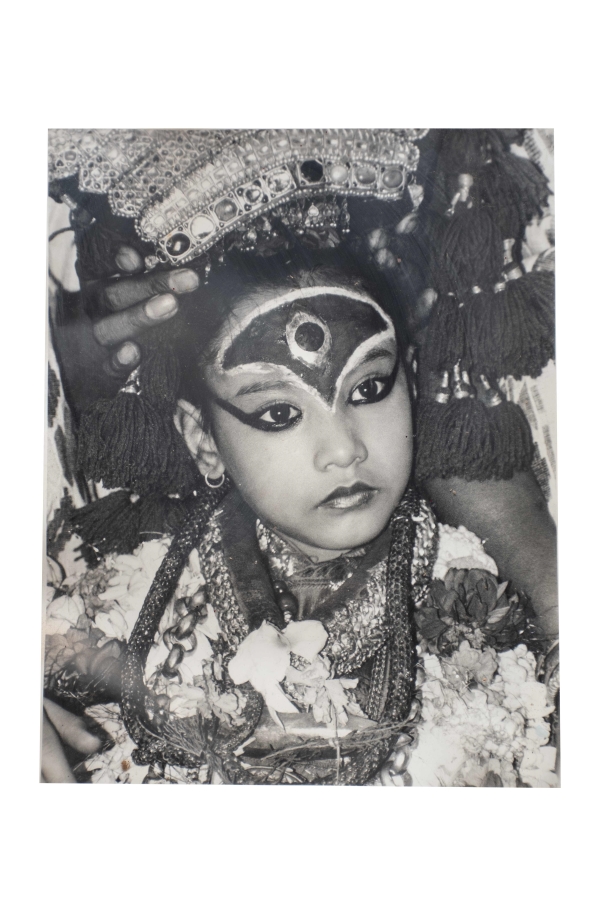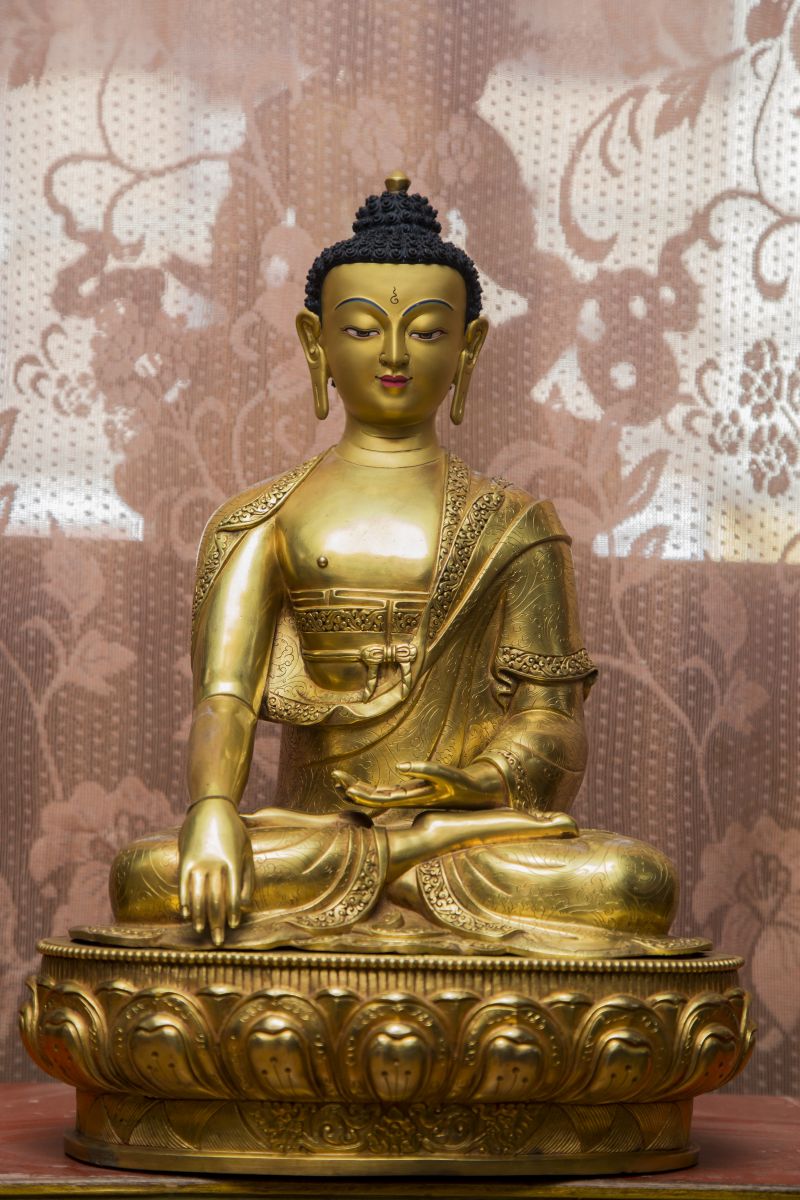 |
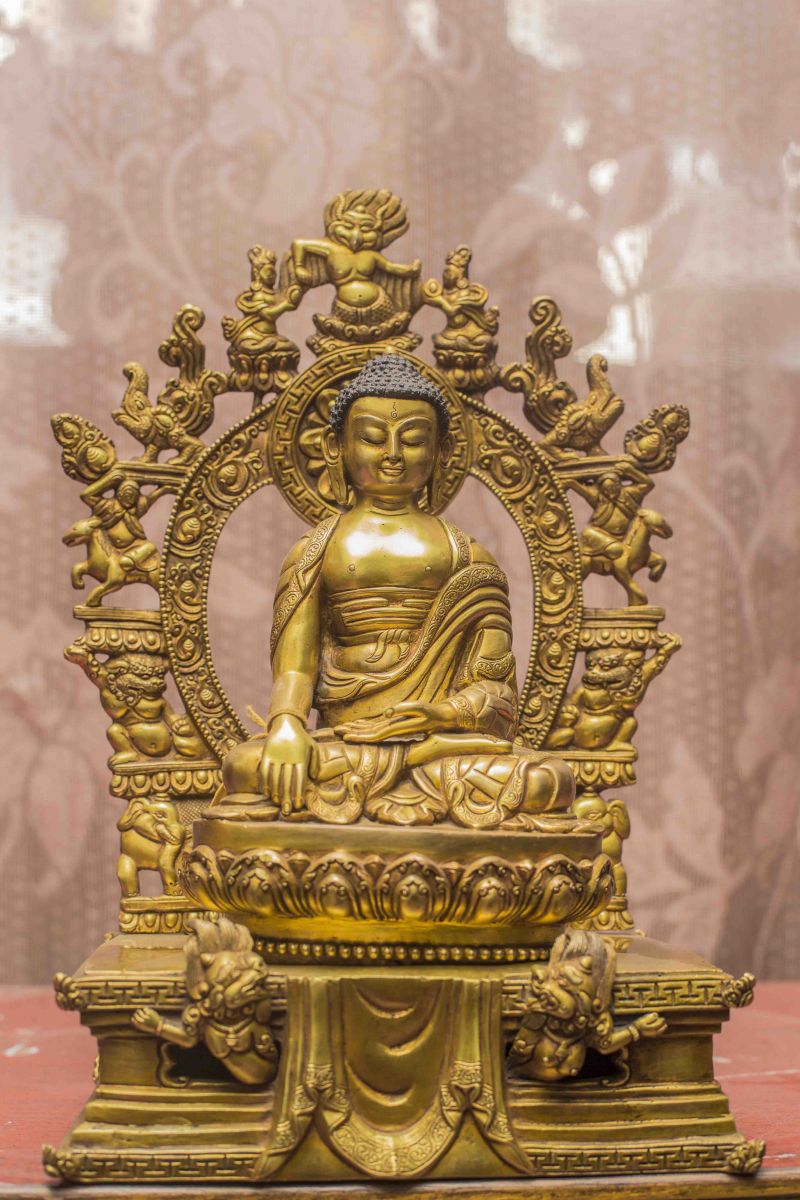 |
In Search of Buddha’s Descendants
Everyone knows the story of Lord Buddha, but none know about his descendants.
Ages ago, Siddhartha Gautam left all worldly relationships and princely possessions to seek nirvana, and ultimately became “The Awakened One”. Yet, he was first a man, and that too, married and with a son. So, what became of his progeny?
Even in this increasingly secular world, Buddhism has managed to retain its appeal. At present, it is gaining much attention in the Western world. Many curious foreign faces are seen enquiring about this ancient religion. What sets it apart from other religions is there is no god in Buddhism. Buddha himself never claimed to be a god. It is all about finding the inner Buddha in you. That which is pure and uncorrupt. That which is selfless and full of empathy. It is about basking in the eternal light of the truth.
We are all pretty familiar with Buddha’s story, a prince who renounced his material comforts and set out to learn the cause of human suffering. Then, the enlightenment, and a life dedicated to spreading his knowledge. And finally, he bids adieu to his tangible body and ascended to heaven. But what happens after that? What about his descendants? Here is our attempt of following hidden trails, tracking down lost clues, and connecting the dots to the secret of Gautam Buddha’s bloodline.
Some scholars like Subodh Kumar Singh evince the Tharu people of the Terai as the remaining descendants of the first Buddha. Apparently, the word Tharu is derived from Sthabir in Sanskrit, which means monk, or the Buddha. In his book, The Great Sons of the Tharus: Sakyamuni Buddha and Emperor Ashoka, he focuses on the disenfranchisement of the Tharus in modern day Nepal. He states they are “at the bottom of the social hierarchy” with no choice left but to “live a life of abject misery, dogged by poverty, illiteracy and lack of land”. Gautam Buddha had returned to his homeland, where multitudes had converted and led the lives of monks. Later on, a series of invasions from the Rajput kings subjugated them.
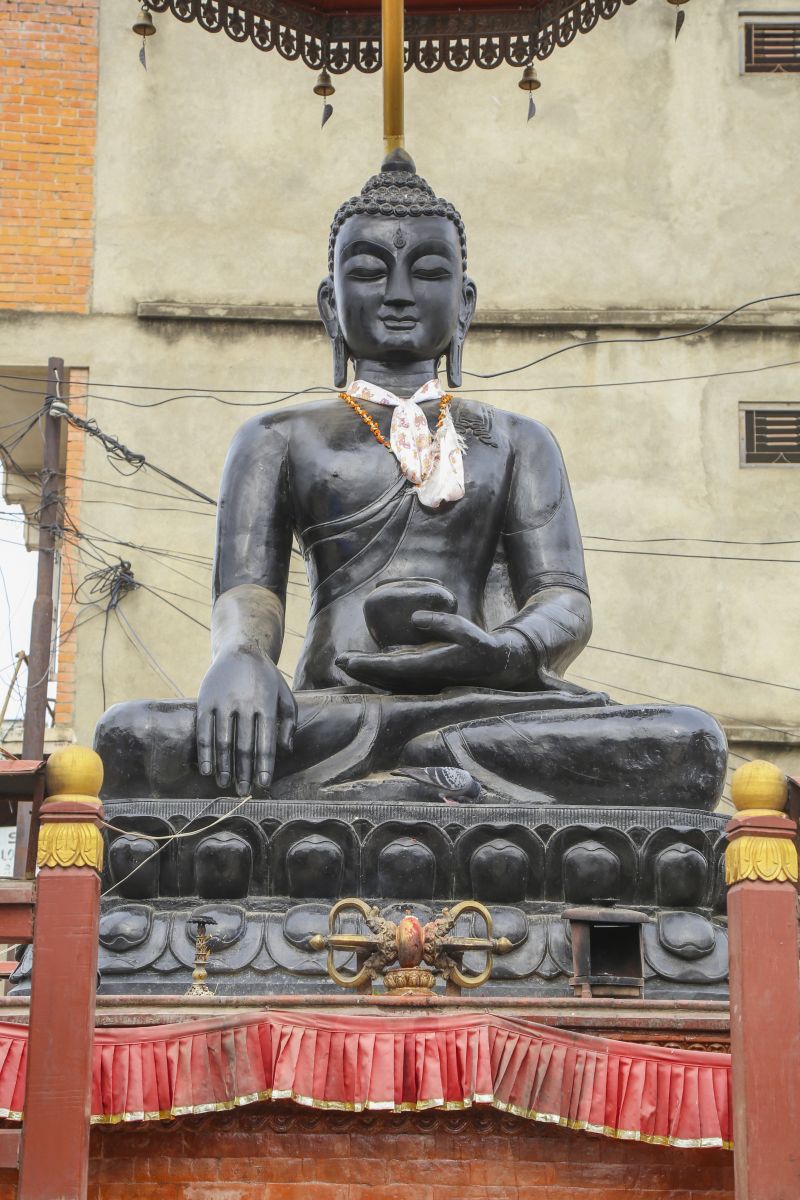 |
According to some sources, a Shakya clan is living as farmers in Uttar Pradesh of India and, ironically, practicing Hinduism. They do revere Buddha, but as a Hindu god. Many of them are shockingly oblivious to their lineage, although some university students have learnt about their possible ties to Buddha and propped up organizations to shed light on their venerated ancestor. A few of them have even converted to Buddhism and are dedicated to the mission of disseminating his teachings. However, it remains yet to be seen whether they receive any national or international exposure or support for their claim.
Actor and filmmaker Jackson Anthony regards Rajapaksas from Giruva Pattuwa in the Hambantota district of Sri Lanka as the descendants of Lord Buddha. At first, Sri Lanka sounds like a very unlikely place where one hopes to find Buddha’s posterity, but Buddha traveled extensively to spread his message of love and non-violence. On top of it, an overwhelming majority of Sri Lankans are Buddhists themselves. This lends some credit to this theory. Or, it might merely be their longing to have some sort of genetic link to their Almighty.
Another case might be that all of the above-mentioned groups were in fact Buddha’s descendants. If we calculate, Buddha, who lived two-and-half-thousand-years ago, must have hundreds of thousands of descendants by now. They might have settled in all these areas. So, all of them could be his progeny, but we are ruling out another most likely scenario. Rahul, his son, converted and possibly lived as a monk. Sources indicate he became an arahant, which means he achieved nirvana, but didn’t fully attain Buddhahood. What if he abstained from procreating? What if Buddha has no descendants? So, none of them could have Buddha in their blood. In fact, no one alive today could.
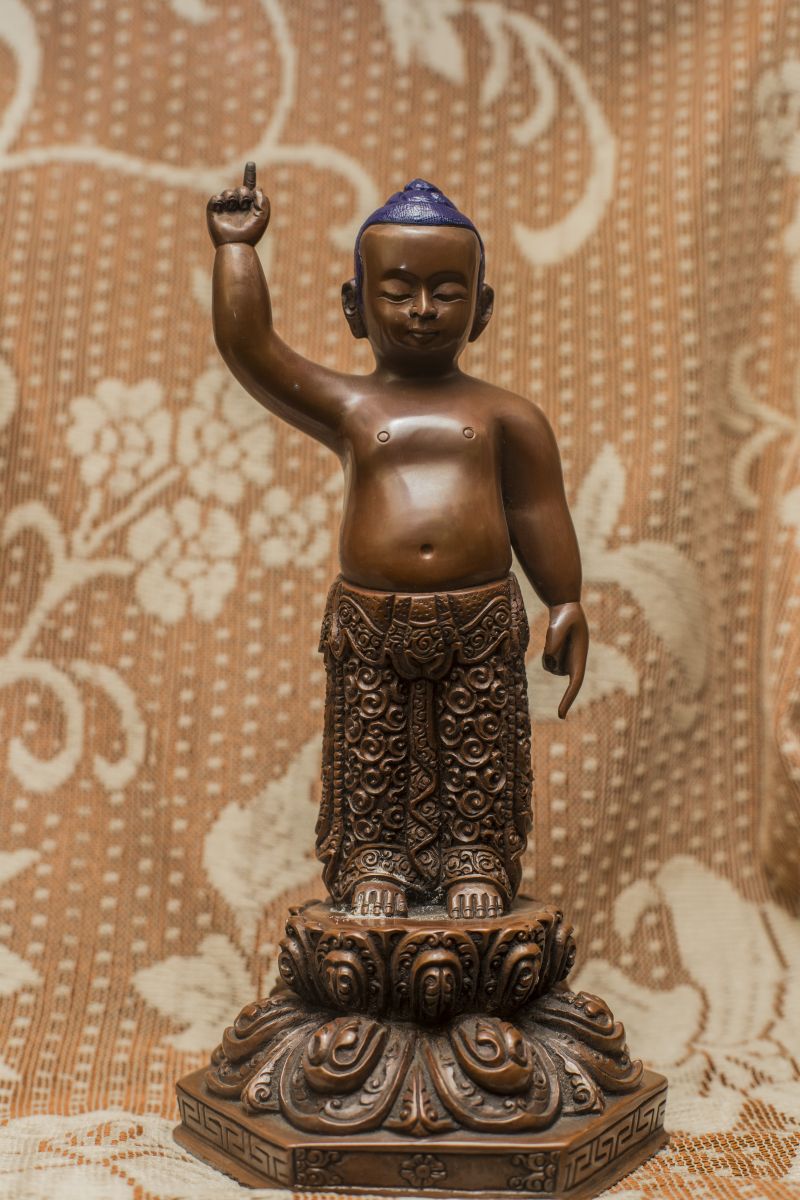 |
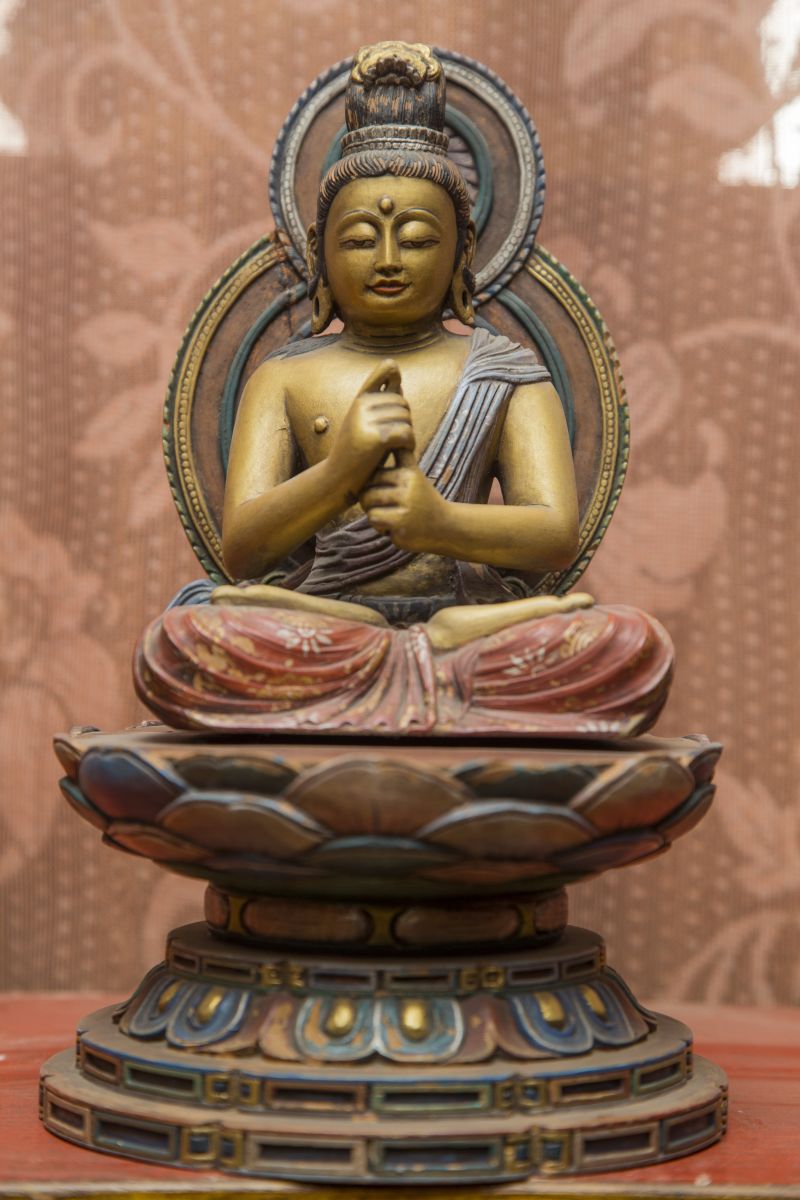 |
Buddha’s bloodline has not been free from politics. The last dynasty of Burmese royalty claimed to be the direct descendants of Gautam Buddha. It is a clever ploy to assert their moral and spiritual superiority over commoners. Thus, they have positioned themselves as demi-gods in the imagination of the public. Although long abolished and banished, they have returned to the scene. They are trying to regain their lost powers and revive interest in monarchy. And, all this is done using their portentous claim of being descended from Buddha. Hence, the possibility of having Buddha’s blood has become like a ticket to thrones in the present era.
In Shia Islam, Muhammad’s descendants are supposed to possess special spiritual powers and religious authority. So, having the Prophet’s genes entitles them to certain elevated positions in Shia hierarchy. The Sunnis do not share this belief, and consequently, this rift has plagued Islam for centuries. What if some privileges were reserved for Buddha’s descendants only? What if they became a new breed of spiritual royalty? Fortunately, no such tradition exists in Buddhism. Instead, it emphasizes on bringing forth the best in you philosophically. It stresses on living a life devoid of any ill intention or evil thought, to become an imitation of Buddha.
Two-and-half- thousand-years later, we still obsess about this wise man. He is a god to many. He is a great philosopher to some. What he preached is still remembered. What he knew is still valued. Humans simply cannot live without a philosophy. We need something to believe in, and this man discovered a way of life and thought that embodied everything good and pious about humans. To him, any man can attain nirvana and become a Buddha. So, set your goals higher; definitely much higher than earthly possessions. There is more to you. There is more to humanity. You can become his descendant in a purely figurative manner of speaking. Just follow the light he showed. Just let your inner Buddha shine!


